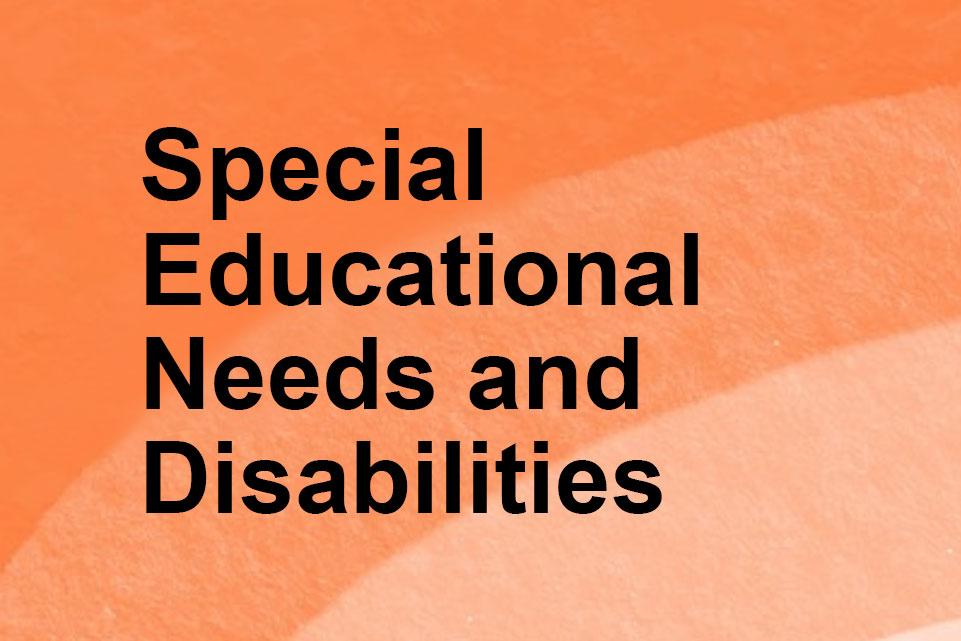Resetting the relationship between local and national government. Read our Local Government White Paper
The LGA has commissioned Isos Partnership to undertake research into approaches to avoiding disagreements and disputes, including, but not limited to Tribunal appeals, in the SEND system, the factors giving rise to these trends, and what is needed at a national policy level to avoid address those challenges.
In Support and aspiration, the green paper that put forward reforms for overhauling the special educational needs and disability (SEND) system, the government at the time set out the ambition to deliver earlier, dialogue-based, non-judicial dispute resolution in a way that balanced the needs of individual young people and equity of access to support for all. Over seven years on from the introduction of the SEND reforms, it is hard to find evidence that those aspirations have been achieved. Numbers of appeals to the Tribunal – not the only, but a significant, route for raising and resolving disputes – have more than doubled, while the rate of appeals has also increased. For this reason, the Local Government Association (LGA) commissioned a team led by Isos Partnership to undertake research into approaches to avoiding disagreements and disputes, including, but not limited to Tribunal appeals, in the SEND system, the factors giving rise to these trends, and what is needed at a national policy level to avoid address those challenges.
The research has involved:
- In-depth evidence gathering with leaders of SEND, health and care services, and SEND Information, Advice and Support Services (SENDIASS), in six local areas, with our sample reflecting a range in Tribunal appeal rates, proportions of young people with Education, Health and Care Plans (EHCPs), levels of deprivation, ethnic diversity and geography.
- Parallel discussions with national bodies, including with the National Network of Parent Carer Forums (NNPCF), Independent Provider of Special Education Advice (IPSEA), the Department for Education (DfE), the Ministry of Justice (MoJ), members of the judiciary who preside over Tribunal appeals, and the Local Government and Social Care Ombudsman (LGCSO); and
- In-depth analysis of publicly available data on disagreements and disputes in the SEND system.


